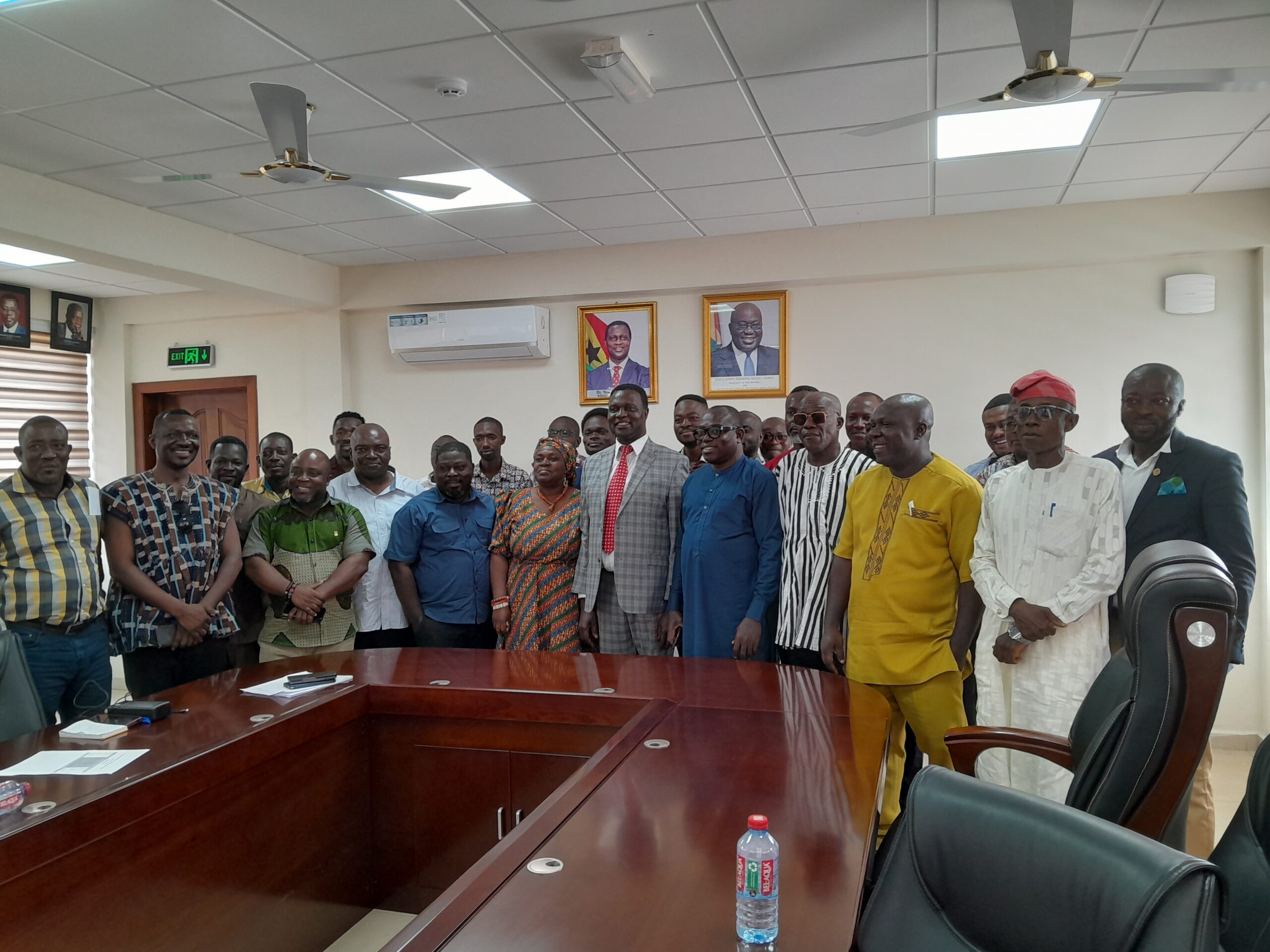
Accra, Ghana//-Ghana’s Minister of Education, Dr Yaw Osei Adutwum today recounted some of the key success stories of the country’s education reforms initiated by the current government.
According to him, the reforms are transforming teaching and learning and improving educational outcomes under the country’s Education Strategic Plan (ESP 2018-2030) which was approved by the cabinet in November 2018.
Recounting the success stories to some selected members of the Private Newspaper (and Online news) Publishers Association of Ghana (PRINPAG) at a half day’s engagement, Dr Adutwum explained that these reforms are expected to contribute to the goals of the ESP and the United Nations Sustainable Development Goals (SDG 4).
They would also lead to the improvement of learning outcomes, especially at the pre-tertiary levels across the length and breadth of the West African country.
He told the PRINPAG members that the three main priorities of the education reforms are- improved learning outcomes, enhanced accountability, and equity at all levels of the education sector.
He said his ministry, through the government, had built six brand new science labs for Wesley Girls High School to improve the teaching and learning of science subjects in that school.
Dr Adutwum provided pictures and videos of the six labs and other labs which were built by a South African company to support his evidence-based communication.
“Not only have we done it in Wesley Girls, but we have also done it in the new E-blocks that we are operationalising. We are operationalising E-blocks differently.
The ones that we completed and opened, we also put in science labs. So, you can see the one at Aflao, you know the famous Aflao Senior High School (SHS) E-block, I am sure that most of you know the story? Not only did we open it, but we also made sure that the school has a brand-new science lab”, he said.
In the new schools and existing schools, he explained that the government is developing science labs because of the 60-40% policy that universities must have 60% of their graduates in Science, Technology, Engineering, and Mathematics (STEM) fields.
“When we came to office in 2017, high school enrolment in science was about 8% which is now about 15%. How do you change 15% to 60%? You can’t have high school enrolment at that level of even15% and expect universities to have 60% enrolment in science related courses. So, obviously, people were saying it, but we know that it was not possible”, the Minister added.
“Because of the misinformation and lack of trust for the politicians, these days I do evidence-based communication. That is why everything that we do, we want to provide evidence”.
The President of PRINPAG, Andrew Edwin Arthur who led the team to the event, expressed gratitude to the Minister for updating his members on the country’s education reforms.


